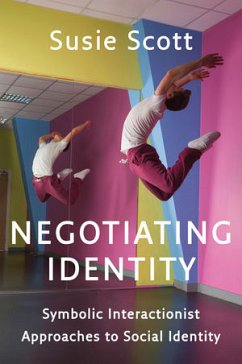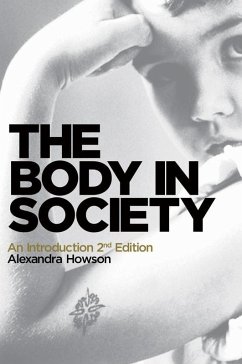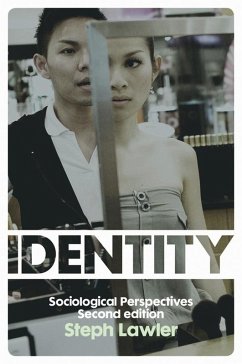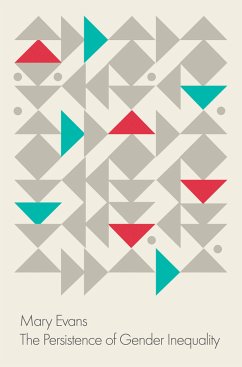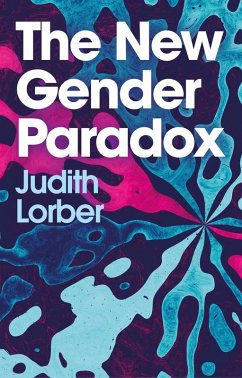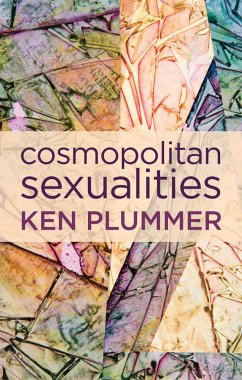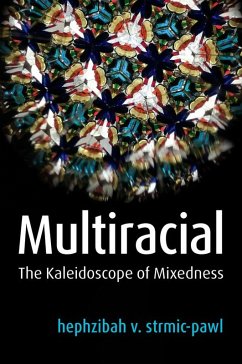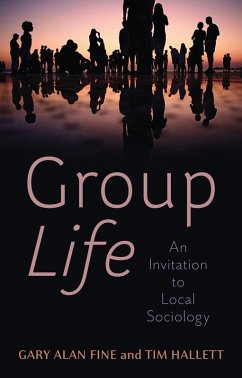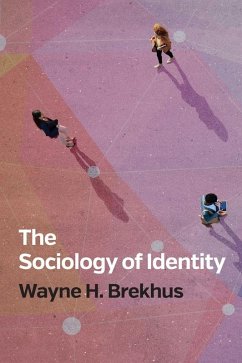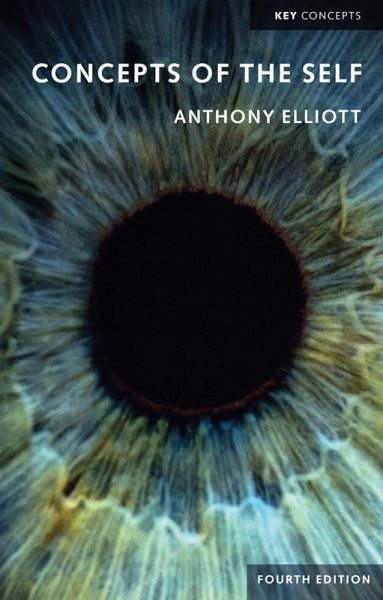
Concepts of the Self (eBook, ePUB)

PAYBACK Punkte
0 °P sammeln!
This new, updated edition provides a lively, lucid and compelling introduction to contemporary controversies over the self and self-identity in the social sciences and humanities. In an accessible and concise format, the book ranges from classical intellectual traditions of symbolic interactionism, psychoanalysis and Foucauldian theory, through feminism and postfeminism, to postmodernism and the mobilities paradigm. With characteristic verve and clarity, Anthony Elliott explores the relationship between power, identity and personhood, connecting varied theoretical debates directly to matters o...
This new, updated edition provides a lively, lucid and compelling introduction to contemporary controversies over the self and self-identity in the social sciences and humanities. In an accessible and concise format, the book ranges from classical intellectual traditions of symbolic interactionism, psychoanalysis and Foucauldian theory, through feminism and postfeminism, to postmodernism and the mobilities paradigm. With characteristic verve and clarity, Anthony Elliott explores the relationship between power, identity and personhood, connecting varied theoretical debates directly to matters of contemporary relevance and urgency, such as identity politics, the sociology of personal relationships and intimacy, and the politics of sexuality. This edition also includes a new chapter on the digital revolution, which situates the self and work/life transformations within the context of AI, Industry 4.0, advanced robotics and accelerating automation. Offering thoughtful entry points to a rich and complex literature, along with robust critical responses to each theory, Concepts of the Self will continue to be an invaluable text for students of social and political theory, sociology, social psychology, cultural studies, and gender studies.
Dieser Download kann aus rechtlichen Gründen nur mit Rechnungsadresse in A, B, BG, CY, CZ, D, DK, EW, E, FIN, F, GR, HR, H, IRL, I, LT, L, LR, M, NL, PL, P, R, S, SLO, SK ausgeliefert werden.




